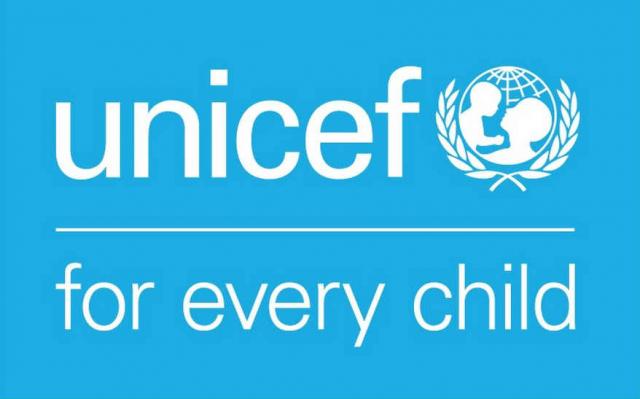UNICEF reports that it has provided educational resources to more than 1.8 million children in Nigeria over the past four years, and it has asked the Nigerian government to expand its early literacy efforts.
On Wednesday in Lagos, Mrs. Yetunde Oluwatosin, the Education Specialist at UNICEF Nigeria, made the remarks to the News Agency of Nigeria (NAN).
Oluwatosin was discussing the agency’s FLN initiative, which stands for “Foundations in Literacy and Numeracy,” and is meant to improve pre-school education in Nigeria.

According to NAN, FLN was a game-changing tool for educators in both traditional and non-traditional settings.
Therefore, we introduce and assist states in implementing the appropriate curriculum to provide a solid educational foundation for every kid in Nigeria.
The goal is for all students to graduate from high school having acquired the skills and knowledge expected of them based on their grade level’s curriculum.
When a kid enters primary school with the option to communicate and learn in their native language, they make appropriate gains in reading and numeracy.
Over 1.8 million kids were provided with educational resources between 2018 and 2022, and we want to reach another 4.8 million by 2027.
She explained that they started this program because they had seen youngsters “going through the system but not at the level that they should,” necessitating a “remedial approach” to get them back on track.
The UNICEF expert noted that comparable evidence was being used in other countries, specifically mentioning India as having a similar setting to Nigeria.
She emphasized that the methods have undergone pilot studies and testing, with promising outcomes.
Oluwatosin advocated for increased funding for early childhood education and pushed the government to work more closely with UNICEF in this area.
For the sake of our children’s education, she argued, “the government should ensure the scale up of these approaches across states.” “This is a global era where digitalisation and technology rules,” she remarked.
She described educators as “critical stakeholders” and advocated for ongoing efforts to empower and enhance them.
Teachers require their ability to be built before they enter the profession in order to prepare them to teach the students of the 21st century.
They should have a smooth transition into service. The Teachers Registration Council of Nigeria is responsible for determining what is expected of teachers and how those expectations should be met.
Teachers need innovative methods to keep up with their peers throughout the world as they gain experience and wisdom.
“Schools need to have very effective, capacity-built teachers, knowledgeable with that mentoring, coaching approach which is one of the areas UNICEF is focusing on,” she explained.
Oluwatosin claimed that several interventions occurred as the administration expanded.
They are fulfilling their responsibilities, but more needs to be done.
We are witnessing that the models brought in by our development partners are effective, and those partners are still present.
Oluwatosin urged partnerships between educators and parents, writing, “It is necessary to engage parents in learning to enable them to follow the curriculum of their wards and ensure that teachers are living up to expectations.” (NAN)
Support InfoStride News' Credible Journalism: Only credible journalism can guarantee a fair, accountable and transparent society, including democracy and government. It involves a lot of efforts and money. We need your support. Click here to Donate
